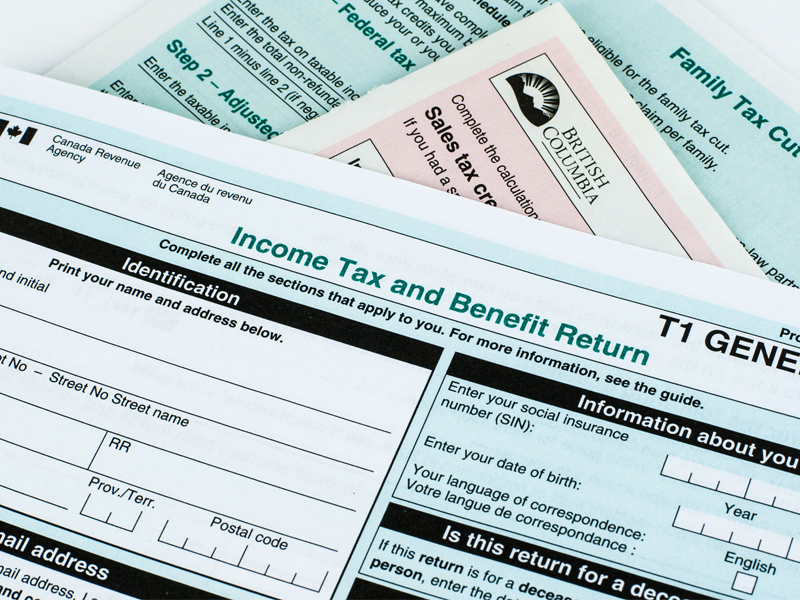What is a Net Worth Assessment?
An audit generally consists of a review of a taxpayer’s accounting records and information provided in connection with a tax return. However, the Income Tax Act (Canada) provides that the Canada Revenue Agency (“CRA”) does not have to rely on the information or tax return submitted by a taxpayer in order to assess the taxpayer’s taxes payable for a given year. If the CRA believes that the taxpayer’s return is inaccurate, the CRA may undertake a net worth assessment of a taxpayer, whereby the CRA estimates the taxpayer’s true income, by comparing the taxpayer’s net worth at the start of the audit period, with the taxpayer’s net worth at the end of the audit period. If the net worth determined by the CRA, less the taxpayer’s reported income, results in a positive difference, then this difference is assumed to be income that is unreported by the taxpayer, resulting in taxes owing, interest and penalties. The CRA may even increase taxable income, through a CRA lifestyle audit, if they believe a taxpayer’s tax return does not support their lifestyle.
When would the CRA conduct a Net Worth Audit?
The CRA may conduct a net worth assessment if:
• A taxpayer’s books and records are not sufficient and appear to have errors;
• A taxpayer’s personal and business income are mixed into one account;
• A taxpayer’s reported income does not support their lifestyle;
• A taxpayer is in a business or industry where tax evasion is common; and/or
• A comparable business reports higher income than a taxpayer’s business.
Is a Net Worth Assessment Disputable?
Given the significant tax consequences that may arise from a net worth assessment, many tax cases have been brought before the courts to challenge the results and accuracy of a net worth assessment by the CRA. The burden of proof lies with the taxpayer, to demonstrate that the CRA’s reassessment is incorrect.
Case law typically provides that the net worth assessment method is a method of last resort, to be used only when all other methods have failed. On February 9, 2022, the Tax Court of Canada released their decision on Halls v The Queen, 2022 TCC 14. In this case, the court held that the CRA’s net worth assessment was appropriate as the taxpayer had not maintained well-kept records to adequately assess her income, as she mixed her personal and business finances.
A taxpayer may successfully challenge a net worth assessment with detailed responses and explanations to the CRA’s assumptions, with evidence to refute such assumptions.
This article is a general discussion of certain tax and accounting matters and should not be relied upon as tax or accounting advice. If you require tax or accounting advice, we would be pleased to discuss the issues in this article with you.


